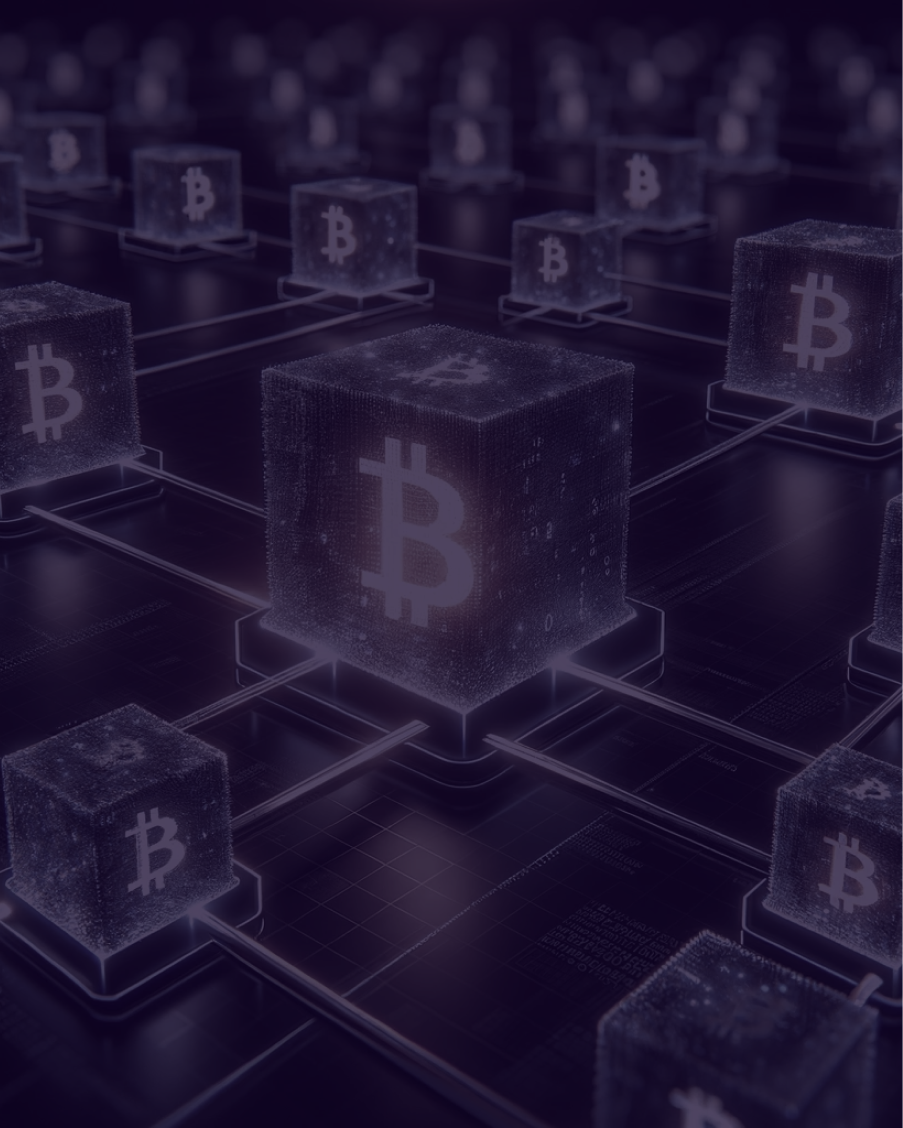This is the fifth part of “Bitcoin: The Misunderstood” a series of articles that debunk popular myths about Bitcoin.
“Although people around the world are interested in Bitcoin, it will eventually be banned by the state”
Who has never heard it said? It is true that one might think that Bitcoin is just a young system, only 15 years old, that could not withstand an attack from a government, or even several governments acting in unison.
And yet, it's far from being as simple as that. Indeed, Bitcoin cannot be censored or even shut down. Why? Bitcoin is distributed. There is no head to cut off. There are no offices or project leaders in charge. No authority capable of responding to any request. Beyond this simple fact, Bitcoin is omnipresent worldwide. It is a network that operates 24/7, 365 days a year, and, as you may have guessed, across all time zones simultaneously. Without any permission, license, or approval. The Bitcoin network is unaware of borders, current legislation, or the existing monetary system. Bitcoin is a distributed computer network that cannot be unplugged or turned off.
Several authoritarian governments, such as those in Iran or China, have attempted to ban Bitcoin on multiple occasions in the past but have never succeeded in stopping its usage. However, businesses on the periphery of the network can still be limited or even halted in their activities. This was the case for mining companies in China, which had to relocate their operations out of the country when the Xi Jinping regime made Bitcoin mining illegal in the summer of 2021. Companies offering exchange or brokerage services are also subject to very strict regulations in some jurisdictions. Some of them have had to close their doors following government announcements. But what about the Bitcoin network itself?
Bitcoin has astonishing resilience. It is a robust system divided into multiple levels of users who contribute to the proper functioning of the network.
Node operators (“full nodes”) are responsible for regularly verifying the validity of transactions broadcasted on the network by miners, on average every 10 minutes. This activity is highly accessible, not very complicated, and, most importantly, cost-effective. Every Bitcoin user is encouraged to run a node to verify that the bitcoins they hold indeed belong to them. It also serves the purpose of confirming that the total number of bitcoins in circulation does not exceed the maximum limit prescribed in the protocol, which is known to all: 21 million. Independently, a user can confirm that they indeed own 1 bitcoin out of the 21 million, without worrying about future inflation surprises.
Miners are responsible for securing the network by processing pending transactions to be added and confirmed on the network. This activity, called mining, is very costly and not easily accessible, but it offers highly profitable compensation for the best miners who manage to create a block of transactions before everyone else. Miners cannot cheat and add invalid transactions because they would be rejected by the node operators who have a vested interest in ensuring that each transaction complies with the protocol rules. If there is any cheating, the miner in question will have their block rejected, and all their work will be lost, representing hundreds of thousands of euro in electrical expenses.
The developers who contribute to improving the Bitcoin computer code also cannot impose their arbitrary rules, given that the Bitcoin software must be voluntarily updated by each node operator and miner. If a bug or questionable feature were introduced by a dishonest developer, it would be promptly detected and excluded from the network. A node with a software version that does not adhere to the current protocol rules is no longer synchronized with the rest of the network. We will cover this topic referring to forks in a future article.
A state that wishes to take control of the Bitcoin network to stop it is therefore in a difficult position. Blocking access to the internet is often a discussed possibility, but it is limited in its approach. In fact, it would require blocking the entire internet, which includes tens of thousands of internet service providers spread across the world. Even if this were theoretically possible, the Bitcoin network uses other methods to propagate transactions, such as satellite networks, radio waves, or local mesh networks.
Being an open-source computer system, the Bitcoin code is available in every corner of the planet in tens of thousands of copies. Such redundancy makes Bitcoin absolutely resistant to any censorship due to its digital nature. Bitcoin is simply computer code, which is itself text that can be read, copied, stored, and shared without limits. Contrary to what one might think, Bitcoin is composed of technologies tested over the years; it does not have any new revolutionary technology used in its protocol. The innovation lies in the assembly of these components together.
A state determined to ban Bitcoin is destined to fail due to the mobility of network participants and the widespread distribution of its users across the globe. Attacking it in an attempt to destroy it? Very costly and ineffective. A state wishing to simply destroy Bitcoin would bankrupt itself trying to prevent transactions from being processed by creating blocks with no transactions. Moreover, this would only be a temporary and highly unsustainable nuisance. They could also prohibit miners from processing certain transactions, but these would simply be added by other miners in different countries. Coordinating with other governments is possible, but the economic interest in adding valid transactions in a non-discriminatory manner outweighs the political will of other miners.
In summary, banning or prohibiting Bitcoin can only harm the state in question. It would be better to promote the local industry with flexible regulatory frameworks to foster new, innovative businesses and create new skilled jobs. Governments that are too restrictive or hostile towards Bitcoin will incentivize the industry to relocate to other jurisdictions and potentially lose out on potential taxes. Why not use the often nationalized electrical grid to mine bitcoins and acquire it as a store of value? Some countries have already expressed interest in implementing this approach, such as El Salvador. The point of peak Bitcoin adoption will come when it becomes evident that banning it is futile, and it's better to acquire it, just in case...





